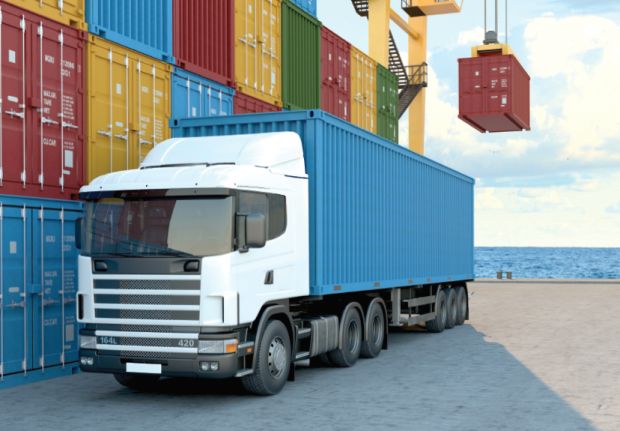In today’s globalized world, logistics companies play a critical role in ensuring the safe and timely delivery of goods. With the increasing concerns over security threats, it’s imperative for logistics firms to prioritize the security of shipments. Let’s delve into how logistics companies ensure the security of shipments.
Importance of Shipment Security:
Security breaches during transit can lead to significant financial losses, damage to reputation, and even safety hazards. Hence, logistics companies employ various measures to mitigate risks and safeguard shipments throughout the transportation process.
Advanced Tracking Systems:
Logistics companies utilize advanced tracking systems equipped with GPS technology to monitor the movement of shipments in real-time. These systems enable precise tracking, allowing companies to identify any deviations from the planned route and promptly address security concerns.
Secure Packaging:
Proper packaging is crucial to prevent tampering and unauthorized access to shipments. Logistics companies employ durable and tamper-evident packaging materials to ensure the integrity of goods during transit. Additionally, tamper-resistant seals and locks provide an extra layer of security.
Strict Access Control:
Access to shipment facilities and vehicles is strictly regulated to prevent unauthorized entry. Logistics companies implement robust access control measures, including biometric authentication and surveillance systems, to restrict access only to authorized personnel.
Collaboration with Authorities:
Logistics companies collaborate closely with law enforcement agencies and regulatory authorities to stay updated on security threats and compliance requirements. By sharing information and coordinating efforts, they enhance security measures and mitigate potential risks effectively.
Employee Training and Awareness:
Employees undergo comprehensive training programs to enhance their awareness of security protocols and procedures. Training sessions cover topics such as identifying suspicious activities, handling security breaches, and adhering to safety regulations during transit.
FAQs:
Q: How do logistics companies handle security breaches during transit? A: Logistics companies have predefined protocols to address security breaches promptly. This may involve rerouting shipments, alerting authorities, and conducting thorough investigations to prevent recurrence.
Q: What role does technology play in enhancing shipment security? A: Technology such as GPS tracking, RFID tags, and surveillance systems enables logistics companies to monitor shipments in real-time, detect anomalies, and ensure timely intervention in case of security threats.
Q: How can businesses evaluate the security measures of logistics companies before engaging their services? A: Businesses should inquire about the security protocols, certifications, and track record of logistics companies. Additionally, conducting site visits and requesting references can provide valuable insights into their security capabilities.
Conclusion:
In conclusion, the security of shipments is paramount for logistics companies to uphold their reputation and ensure customer satisfaction. By employing advanced technologies, robust security protocols, and fostering collaboration, logistics companies strive to mitigate risks and safeguard shipments against potential threats. With continuous innovation and vigilance, they remain committed to upholding the highest standards of shipment security in an ever-evolving landscape.

